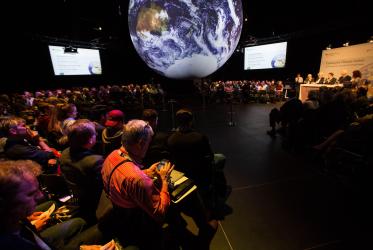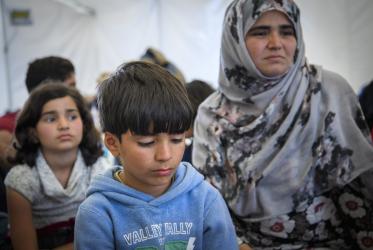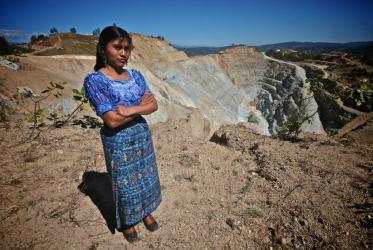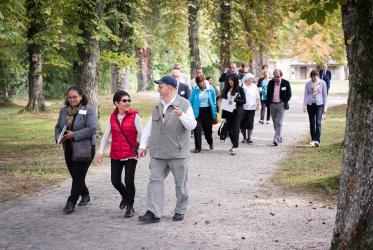What are the prospects for theology in peacebuilding? A couple of years ago this question became the springboard for my research on a textual process that was carried out by the World Council of Churches. The process towards an international ecumenical declaration on just peace resulted in An Ecumenical Call to Just Peace and the study document Just Peace Companion being published in 2011. Eventually, it formed part of the groundwork of the current Pilgrimage of Justice and Peace. My research on this process drew my attention to a couple of themes that inspire theological conversation around the very idea of a pilgrimage: the way, the movement, the process, and the fellow traveller.
19 June 2017
Sara Gehlin








